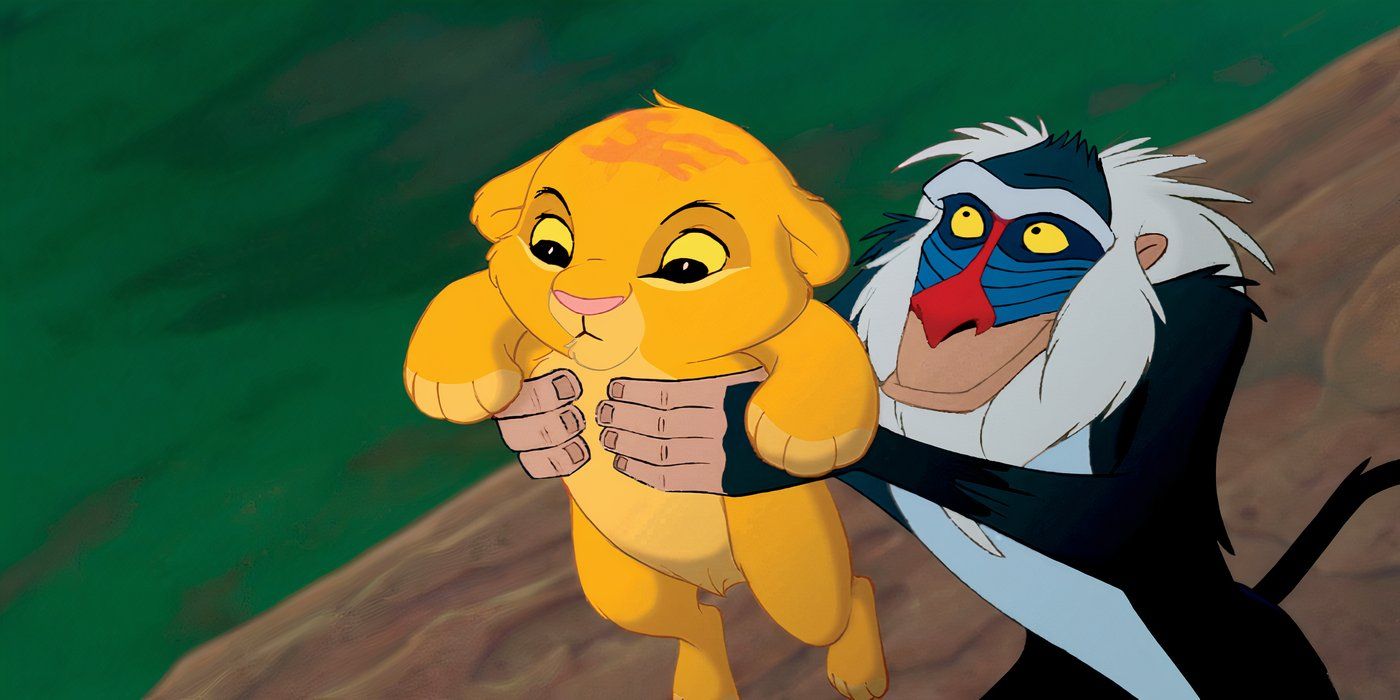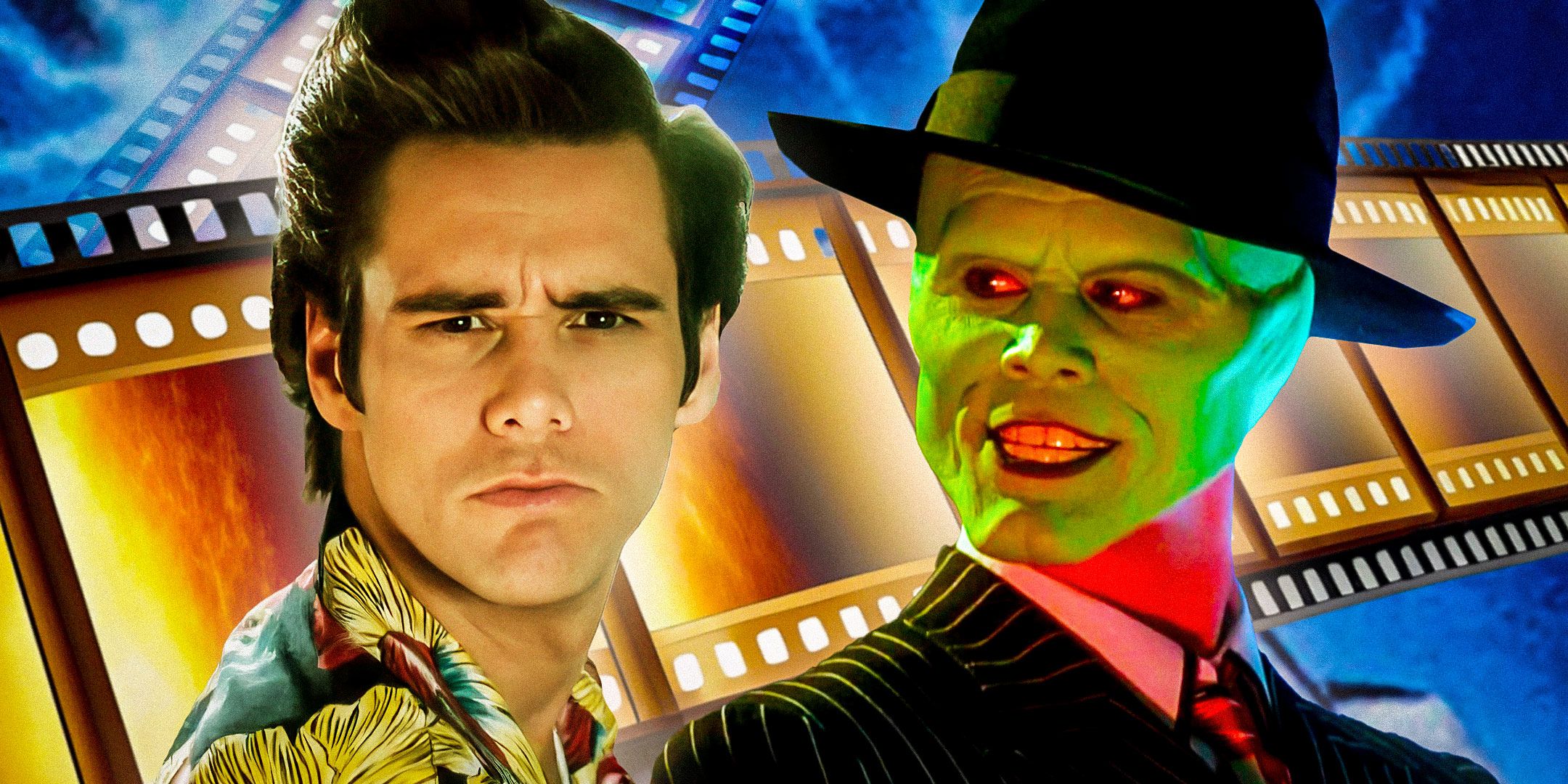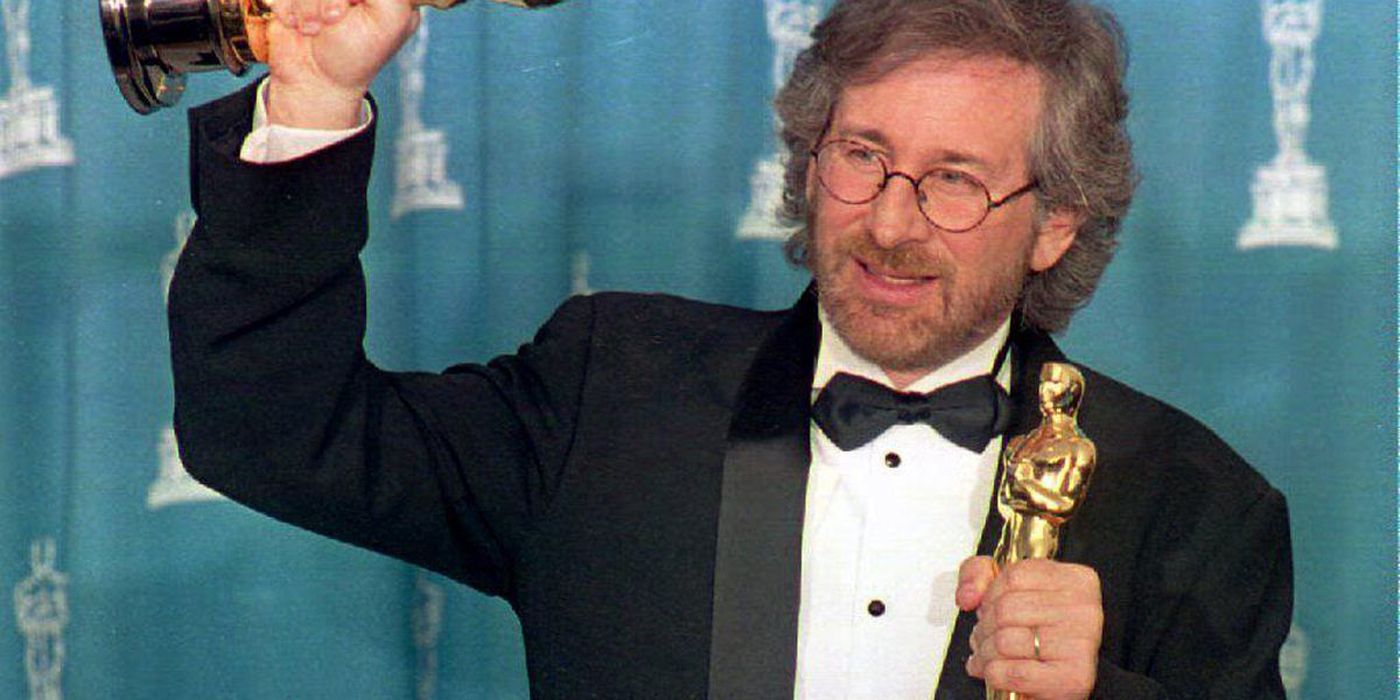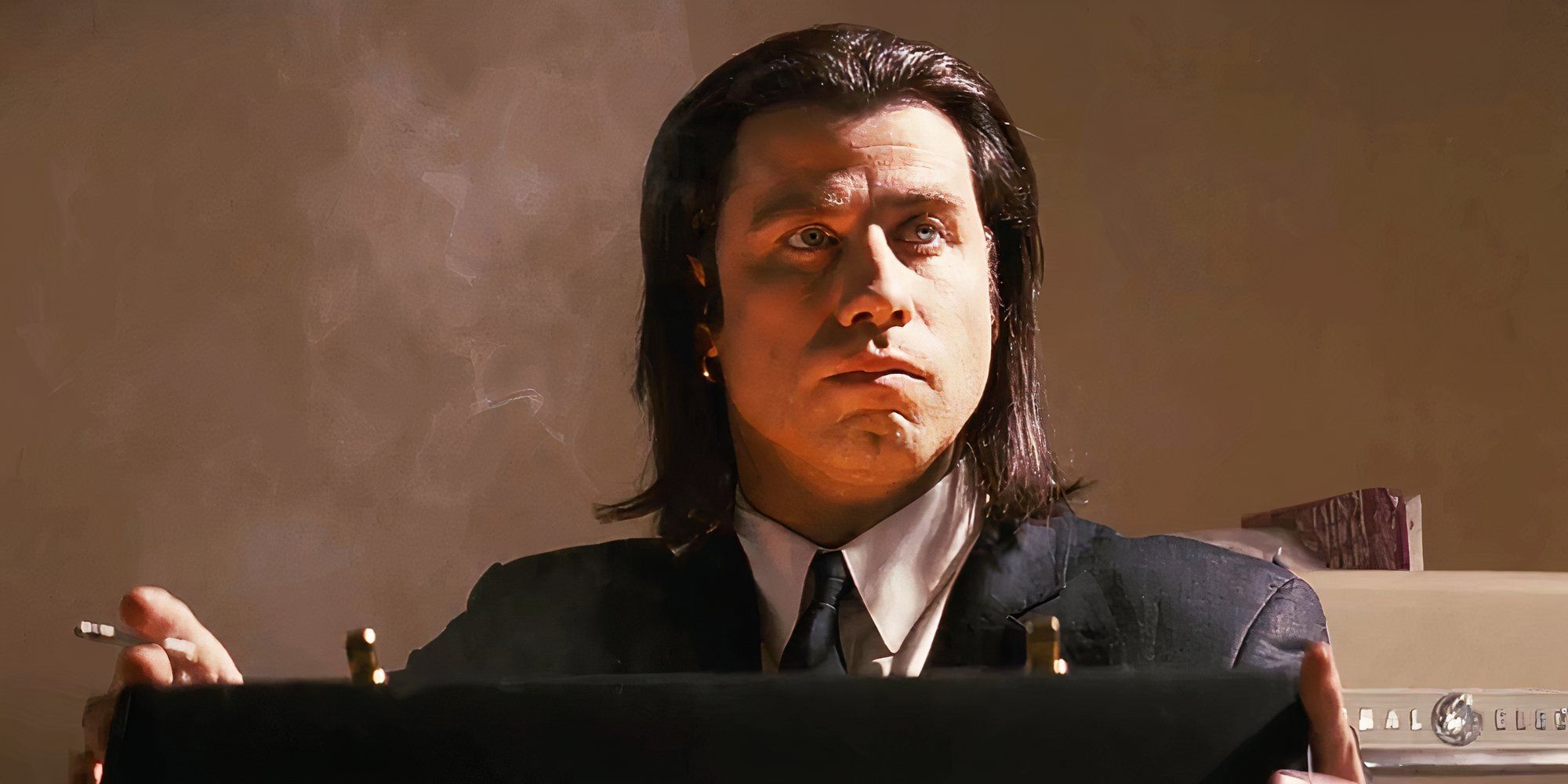While everyone will have a different answer about the best year in movie history, nobody can convince me it’s anything but 1994. As a fantastic time not just for mainstream Hollywood, but also indie productions and animation, this was a year that perfectly encapsulated the wonder and joy of being a passionate film fan.
From beloved classics of the Disney Renaissance to DIY indie movies that changed the film landscape forever, this was a time when technology had come far enough to depict the previously unimaginable, but internet culture hadn’t yet eroded the magic of discovery. As a wonderful time before spoilers and algorithms shaped our taste, 1994 truly had it all.
Disney Was Back On Top In Kids’ Animation
Few names in animation are more iconic than Walt Disney, yet this legendary animation studio struggled throughout the 1980s, and for a while, it felt like its quality had dropped off. Once a shining beacon for the argument of children’s animation as high art, it felt like this prestige reputation was slowly slipping away.
However, the Disney Renaissance managed to turn this around with several beloved productions one after another. While The Little Mermaid, Beauty and the Beast, and Aladdin were outstanding works, this reached its pinnacle with the release of The Lion King in 1994.
As a powerful retelling of William Shakespeare’s Hamlet set in the Pride Lands of Tanzania, The Lion King was a mature piece of storytelling that featured some of the best music to ever appear in a feature film. An undisputed classic, The Lion King reaffirmed Disney’s reputation in the 1990s and remains the studio’s greatest accomplishment to this day.
Jim Carrey Became The King Of Comedy
Nobody expected the 1990s to play host to a comedian whose legacy could match that of Buster Keaton, Charlie Chaplin, or Peter Sellers. However, Jim Carrey burst onto the Hollywood scene in 1994 with three back-to-back comedy hits that established him as the natural successor to all these comedy legends, as he blended pure physicality with energetic absurdity.
In 1994, Carrey gained his breakout role as an eccentric private investigator in Ace Ventura: Pet Detective, immediately followed it up with the cartoonish antics of The Mask, and capped off the year with spellbinding stupidity in Dumb and Dumber. These roles immediately catapulted him to global superstardom and remain career-defining works for the star to this day.
It’s hard to think of any other movie comic who had such an incredible run in such a short span of time. Carrey was the defining comedic force of the 1990s and quickly became a cultural icon whose manic energy left an undeniable impact on pop culture as a whole.
Steven Spielberg Was Validated By The Academy
Ever since achieving his breakout success with Jaws back in 1975, it was always clear that Steven Spielberg was a force to be reckoned with. As the inception point for the summer blockbuster, this film alone would already be an outstanding legacy for any filmmaker, yet he continued to push the boundaries of cinema throughout the 1980s and 1990s.
While family-friendly hits like E.T. the Extra-Terrestrial and Jurassic Park were era-defining films, it was with Schindler’s List that he matured as a filmmaker and delivered a Holocaust movie so powerful it earned the highest honors Hollywood could bestow. Although it was released in 1993, it was in 1994 that Spielberg finally gained his belated acceptance from the Academy.
Schindler’s List won seven Academy Awards in 1994, including Best Picture, Best Director, Best Adapted Screenplay, Best Original Score, Best Film Editing, Best Cinematography, and Best Art Direction.
This was the year that Spielberg earned the Academy Award for Best Picture and Best Director, two accolades his entire career had been building toward. As a masterful filmmaker who, despite box office success, was underappreciated by critics, 1994 marked a turning point in how he was viewed by the industry and him being taken seriously as an artist.
1994 Was The Birth of Modern Indie Cinema
Independent cinema as we know it today came to be during the 1990s, as movies like Richard Linklater’s Slacker and Gus Van Sant’s My Own Private Idaho paved the way for a more DIY centered approach to filmmaking. However, it was in 1994 that this fully broke through as shoestring budget works like Clerks entered the mainstream.
Yet nothing can compare to the cultural juggernaut that was Quentin Tarantino’s Pulp Fiction, a 1994 film that completely turned the industry on its head. Signalling the emergence of a brave new voice in cinema, Tarantino pushed the referential style seen in Reservoir Dogs even further, and proved himself as the most urgent, interesting, and stylish filmmaker of his era.
As the quintessential example of 1994’s status as the best year in movie history, Pulp Fiction won the Palme d’Or at the 1994 Cannes Film Festival, revitalised John Travolta’s career, and turned Samuel L. Jackson into a star. Over just 12 months, mainstream blockbusters, indie breakthroughs, and comedy classics all came together to give us a truly special year.






